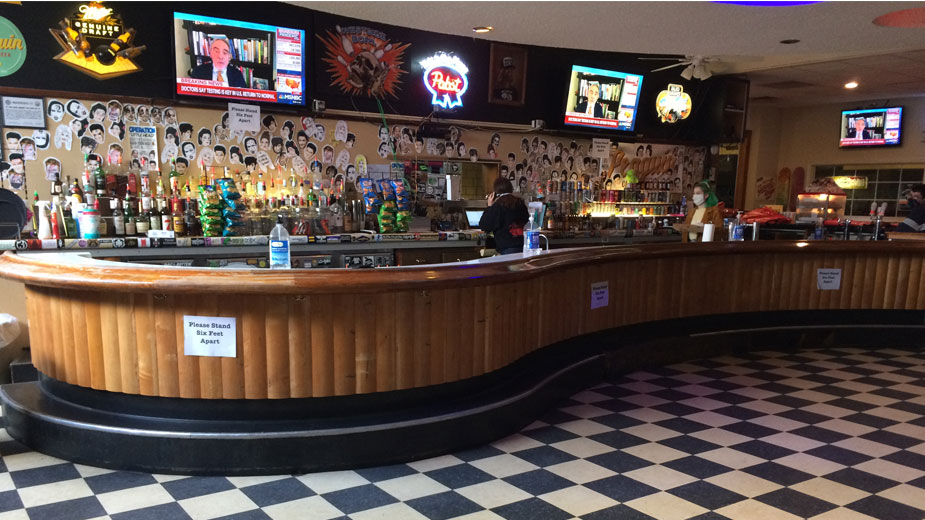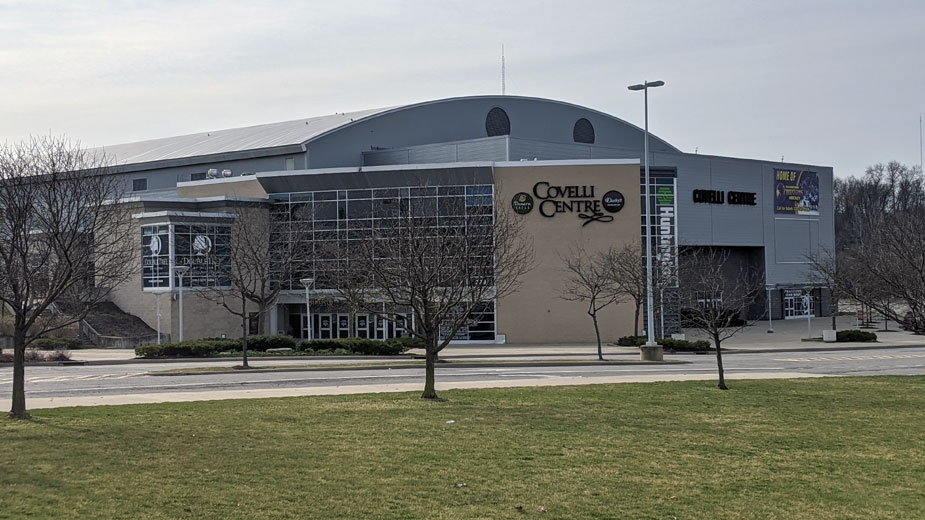Local Venue Operators Welcome Aid in New Relief Bill
YOUNGSTOWN, Ohio – Local venue operators are welcoming the news that the new coronavirus relief bill includes $15 billion for their industry, but are still waiting to see how and when the money will be doled out.
Congress set aside the money, part of the $900 billion package announced Sunday, to keep struggling live entertainment venues, independent movie theaters and cultural institutions afloat. These businesses have either been closed or operating at sharply reduced capacity since March.
Eric Ryan, president and owner of JAC Management, said he hopes to get details soon on how much money his company will get and when it will get it. JAC manages the city-owned Covelli Centre and Youngstown Foundation Amphitheatre, as well as Packard Music Hall in Warren.
“It’s nice to know help is on the way,” he said. “The entertainment sector has been devastated by the pandemic, as we were the first to close and it looks like we will be the last to reopen.”
Ryan said Ohio’s arts and entertainment industry suffered from the highest jobless rate in the state for the past six months, “with one-third of the sector out of work.” In the November unemployment report, the Ohio Department of Job and Family Services said unemployment in the leisure and hospitality sector has fallen 20.27% – 115,200 workers – from the same month last year. Arts, entertainment and recreation was down 18.99%, or 15,400 workers.
All of the Mahoning Valley’s major concert venues, including the Robins Theatre in Warren, Stambaugh Auditorium and the DeYor Performing Arts Center, are members of the National Independent Venues Association, a group formed to lobby Congress for pandemic relief money.
So is West Side Bowl, a rock ’n’ roll club that hosted bands up to five nights a week before the pandemic. Nate Offerdahl, owner of the Youngstown venue, called the COVID relief money “a lifeline and a bridge until the public is vaccinated.
“It will keep us solid for six to nine months, which is how long it will take before we are able [to again present live shows with unlimited capacity],” he said.

Westside Bowl received money from the federal Paycheck Protection Program in the summer, as well as an economic disaster loan from the Small Business Administration, but those measures only lasted for several weeks, Offerdahl said.
He has laid off much of his staff and has relied solely on takeout food sales to survive. Offerdahl briefly reopened his bowling lanes, but closed them because it proved too difficult to enforce antivirus rules.
“Our carryout business has sustained us, but we’re still losing money,” Offerdahl said.
He, too, is waiting for details on the new bill. “We’re long on optimism but short on specifics,” he said. “I assume it will function like the PPP, where there is an application process.”
Offerdahl said he expects the amount that will be given to each venue will be based on its 2019 revenues.
In a tweet sent Sunday evening after Congress hammered out the relief bill, Senate minority leader Chuck Schumer said, “We secured the #SaveOurStages Act for indie music venues, Broadway, comedy clubs, indie movie theaters, and more. These are people’s jobs and livelihoods, and they need this help now. “
The Save Our Stages Act, which is part of the relief bill, was supported by the National Independent Venues Association and introduced. It was introduced in August by Sen. Amy Klobuchar (D-Minn.) and Sen. John Cornyn (R-Texas).
Copyright 2024 The Business Journal, Youngstown, Ohio.



